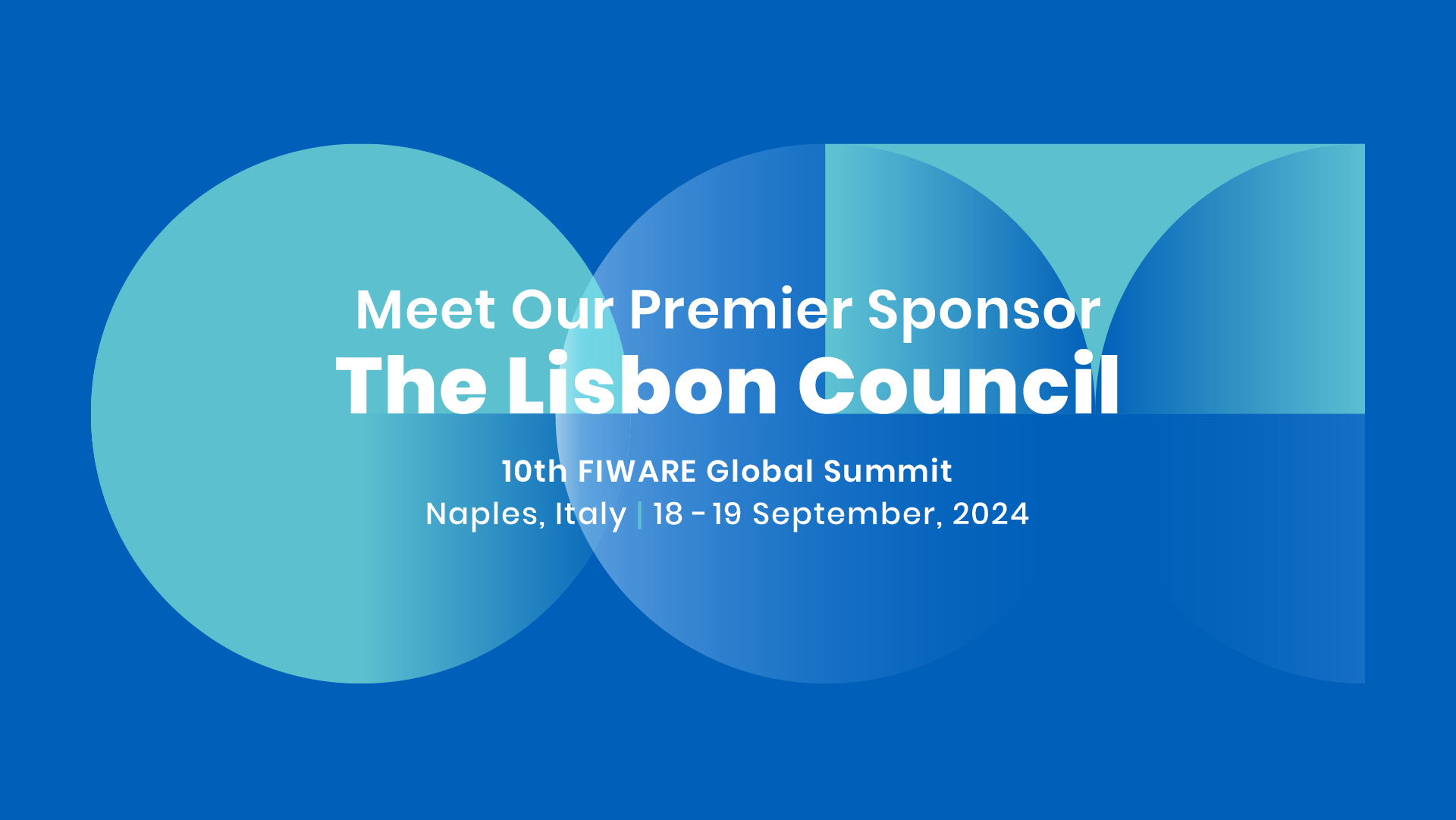by Dr. Francesco Mureddu, Senior Director, The Lisbon Council
Europe’s urbanization level, which stood at 74.8% in 2021, is projected to rise to 83.7% by 2050, significantly increasing the role of cities in addressing climate change. As urban populations and infrastructure grow, cities become more vulnerable to the escalating intensity and frequency of extreme weather events, such as floods, droughts, and heatwaves. With cities consuming about 75% of global primary energy and responsible for 50% to 60% of the world’s total greenhouse gas emissions, they are heavily reliant on a continuous energy supply to maintain their operations.
In this context, Nature-Based Solutions (NBS) have emerged as essential strategies for mitigating climate change at the urban level. These solutions—such as urban green spaces, green roofs, wetland restoration, and tree planting—not only help cities adapt to climate impacts by enhancing urban resilience but also reduce the urban heat island effect, lowering energy demand for cooling and decreasing greenhouse gas emissions. Moreover, NBS contribute to carbon sequestration, with wetlands and urban forests acting as effective carbon sinks, and improve stormwater management, reducing flood risks by absorbing and filtering rainwater—a critical function as climate change leads to more severe storms.
Recognizing the importance of these solutions, The Lisbon Council is spearheading the URBREATH project (HORIZON-MISS-2023-CLIMA-CITIES-01-01), a 37-partner, nine-city consortium focused on integrating transformative technical and nature-based solutions to advance climate neutrality in European cities and regions. The participating cities—Aarhus, Athens, Cluj-Napoca, Kajaani, Leuven, Madrid, Parma, Plzeň, and Tallinn—are pioneering a new generation of NBS, developed with community input, cross-city benchmarking, and AI-driven insights, with the goal of transforming these urban areas into resilient, sustainable environments. The project is valued at approximately €15 million.
Similarly, Positive Energy Districts (PEDs), when integrated with digital twin technology, play a pivotal role in urban climate change mitigation. PEDs are designed to generate more energy than they consume, thereby reducing greenhouse gas emissions and advancing carbon neutrality. Digital twins allow cities to create real-time, dynamic simulations of PEDs, facilitating better planning, monitoring, and optimization of energy flows. This technology provides a virtual representation of PEDs, enabling proactive analysis of energy systems, reducing waste, and maximizing renewable energy generation. Furthermore, digital twins help integrate PEDs into the broader urban energy infrastructure, ensuring efficient redistribution or storage of excess energy.
The Lisbon Council’s involvement in the EXPEDITE project (HORIZON-MISS-2023-CLIMA-CITIES-01-02), in collaboration with 19 leading scientific organizations, supports the development of digital twins for energy districts, enabling real-time monitoring and advancing climate neutrality in urban areas.
This combined approach of leveraging NBS and PEDs with digital twin technology fosters smarter, more sustainable, and resilient urban environments, aligning with the broader goals of climate change adaptation and mitigation.
Doctor Francesco Mureddu, Senior Director at the Belgian think tank The Lisbon Council, delivered the keynote on these topics. He leads a team of researchers and project managers responsible for the Lisbon Council’s expanding portfolio of EU-funded projects, overseeing participation in 27 projects and managing an annual budget of approximately €2.5 million. Since 2017, he has secured over €11 million through more than 34 successful bids, significantly enhancing the Lisbon Council’s global standing.
The Lisbon Council for Economic Competitiveness and Social Renewal is a Brussels-based think tank and policy network. Established in 2003 as a non-profit, non-partisan association, the group is dedicated to making a positive impact through cutting-edge research and by engaging political leaders and the public in constructive dialogue about the economic and social challenges of the 21st century.
Would you like to learn more about how The Lisbon Council is building a resilient future against climate change challenges as well as meet the experts in person? Join the 10th FIWARE Global Summit taking place on 18-19th September in Naples!



